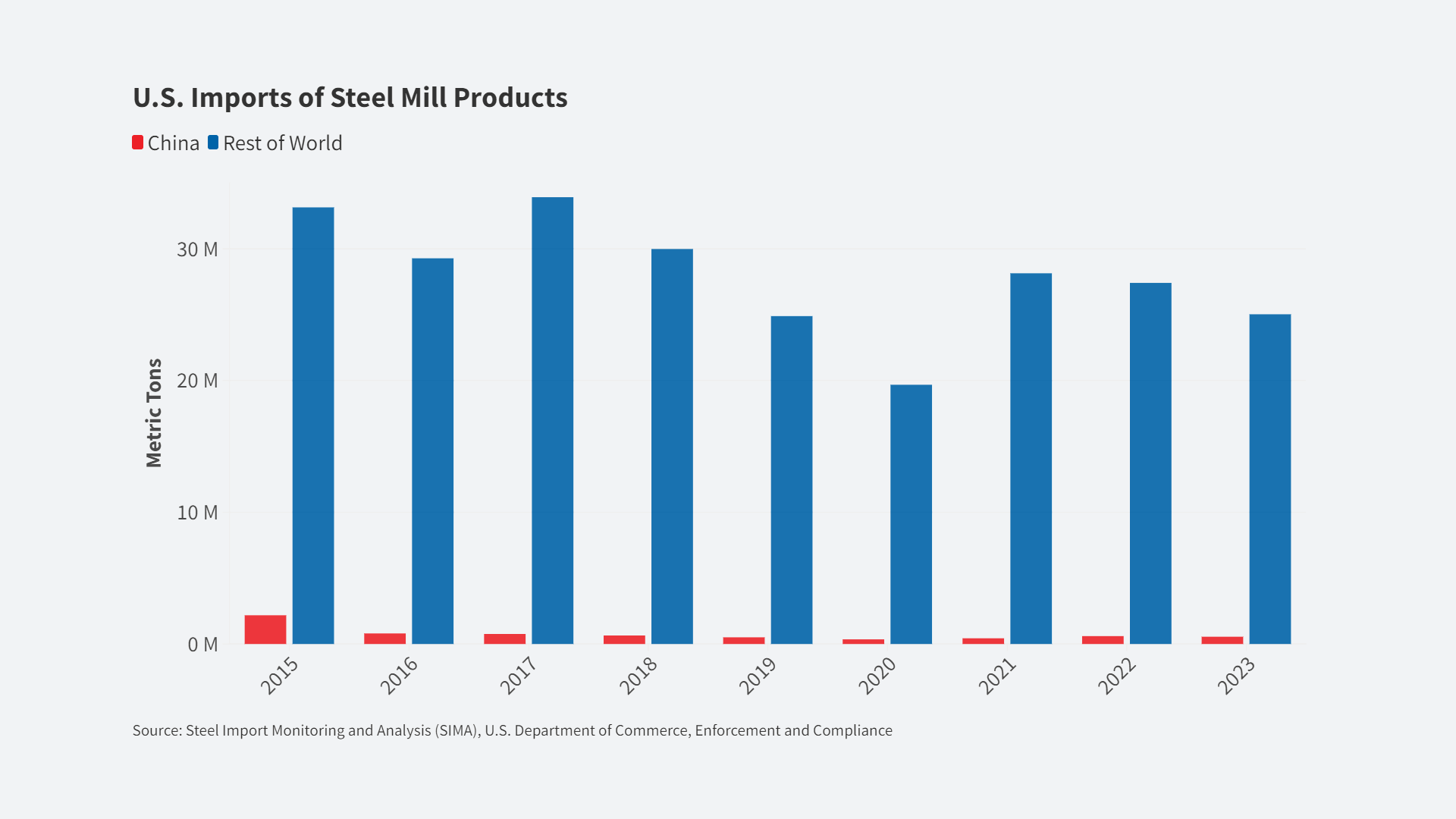
At today’s daily briefing, White House spokesman Josh Earnest communicated the president’s threat to veto any trade promotion authority (TPA) that “could undermine the independence or ability of the Federal Reserve to make monetary policy decisions”. (The question was posed at minute 42:50, Mr. Earnest’s answer starts at 43:31, and the lead up to this quote starts around 45:20.)
[Reposted from The Baseline Scenario | Simon Johnson | May 21, 2015]
Mr. Earnest’s statement seems clear enough, but what potential TPA is he talking about? Either the White House is confused or some other communications strategy is at work here. Either way, Mr. Earnest is describing some imaginary version of TPA that is simply not on the congressional table.
He most certainly cannot be accurately describing the bipartisan Portman-Stabenow amendment, currently before the Senate. This amendment specifically goes out of its way to state that it would not “restrict the exercise of domestic monetary policy.”
“In section 102(b), strike paragraph (11) and insert the following:
“(11) Currency manipulation.–The principal negotiating objective of the United States with respect to unfair currency exchange practices is to target protracted large-scale intervention in one direction in the exchange markets by a party to a trade agreement to gain an unfair competitive advantage in trade over other parties to the agreement, by establishing strong and enforceable rules against exchange rate manipulation that are subject to the same dispute settlement procedures and remedies as other enforceable obligations under the agreement and are consistent with existing principles and agreements of the International Monetary Fund and the World Trade Organization. Nothing in the previous sentence shall be construed to restrict the exercise of domestic monetary policy.”
The Portman-Stabenow amendment is focused entirely on “protracted large-scale intervention in one direction in the exchange markets,” i.e., the situation when a foreign central bank acquires a massive amount of foreign assets (typically dollars) in a successful attempt to keep their currency undervalued – and therefore their exports much cheaper than they would otherwise be.
This is not something that the Federal Reserve does – nor anything that it is likely to do in the foreseeable future.
Reference to the IMF principles and agreements here has a clear meaning for anyone who follows international currency and macroeconomic issues. The US Treasury was involved in drafting the IMF agreements in the 1940s and has kept a firm hand on the pen at every stage of the way since – including the very latest versions. There is no way that any serious person could claim – or even imagine – that relying on IMF principles would impede the operation of the Federal Reserve and its monetary policy.
Congressman Sandy Levin, ranking Democrat on the House Ways and Means Committee, made this point forcefully this afternoon in a major floor speech – and put the issue in exactly the right broader context with regard to the Trans-Pacific Partnership as a whole.
“The International Monetary Fund has up-to-date guidelines that define currency manipulation and are intended to prevent it. There is nothing wrong with the spirit or even the letter of those guidelines. Unfortunately, the IMF cannot enforce those guidelines because currency manipulators are able to essentially stall action in that forum.”
“Arguments that prohibiting currency manipulation in TPP is impossible, for political or technical reasons, remind us of previous claims about trade agreements not being able to help defend forests or discourage child labor.”
“For example, some prominent people have asserted that U.S. monetary policy would be put at risk if currency disciplines are included in TPP. I responded to that argument in a highly detailed blog post months ago. I have seen no serious rebuttal of the points I made in that post – or to similar and related points made by Simon Johnson, Fred Bergsten, and many other notable economists, ranging from Art Laffer to Paul Krugman. Nevertheless, those who oppose currency disciplines continue to raise this false argument.”
“TPP should address instances in which countries buy large amounts of foreign assets over long periods of time to prevent an appreciation of their exchange rate despite running a large current account surplus. The Federal Reserve does not engage in such practices. That is why the U.S. already agreed to and even insisted upon what is in the current IMF guidelines.”
“And now there is the claim that including currency disciplines in TPP would be a “poison pill” and that our trading partners would walk away from the table. There is no way to accurately judge this issue until it is properly brought to the negotiating table. To the contrary, the fact that the Administration says this only creates the risk of a self-fulfilling prophecy. It is irresponsible to make this claim. Indeed, our trading partners in TPP would greatly benefit from these disciplines. Many of them are the victims of manipulation every bit as much as we are.”
“A progressive trade agreement for workers and the middle class must address currency manipulation, which has caused millions of job losses and contributed to wage stagnation over the past decade. President Obama is right that we should write the rules and not accept the status quo. But if we fail to address currency manipulation in TPP, we are essentially letting China write the rules and are accepting an unacceptable status quo.”













